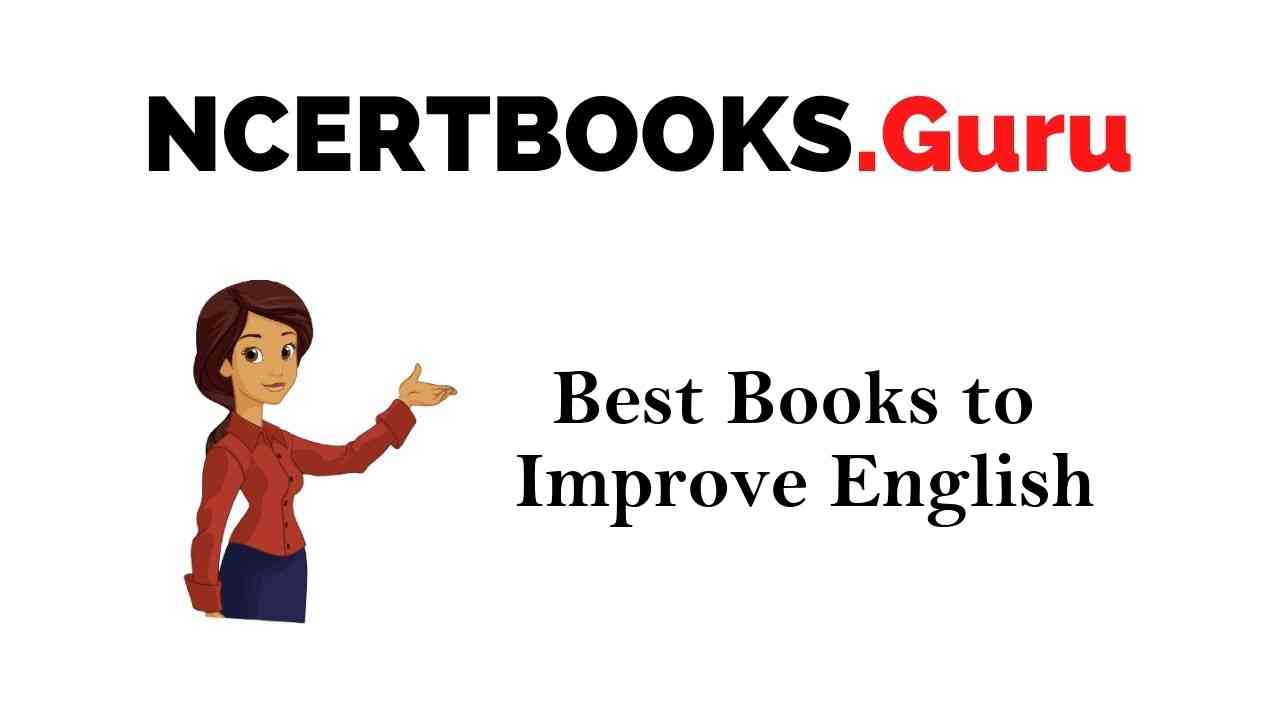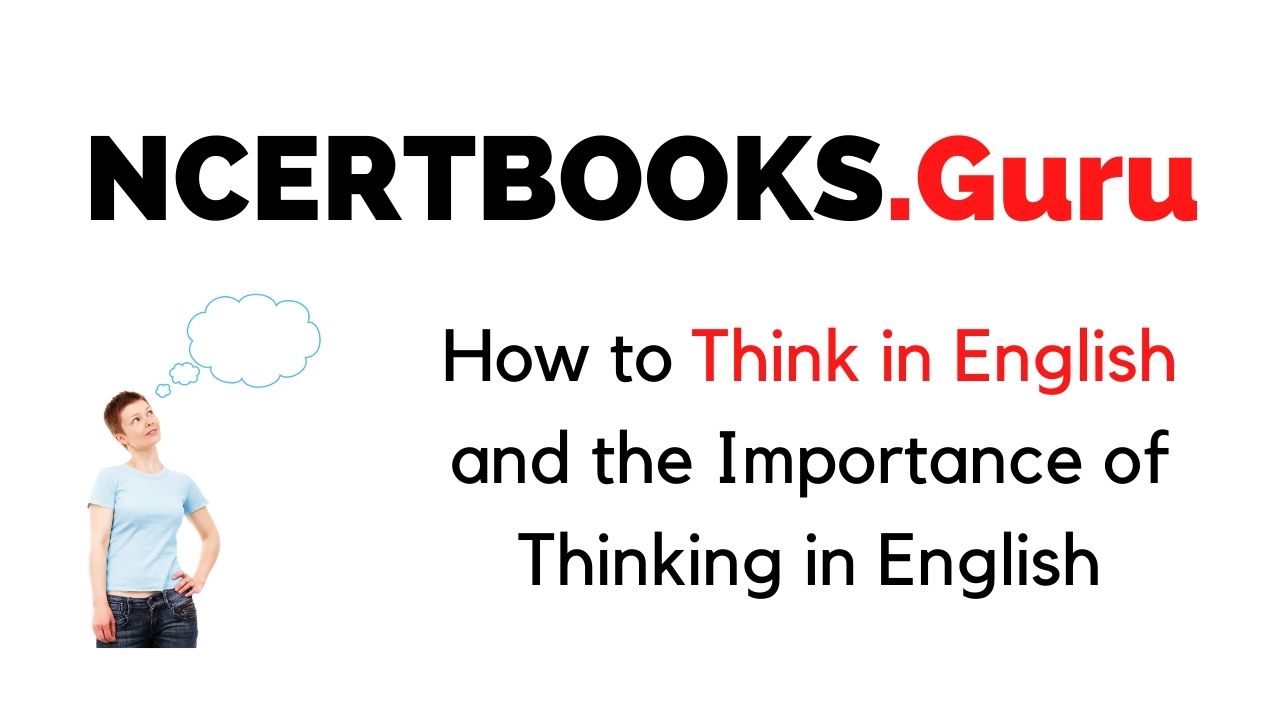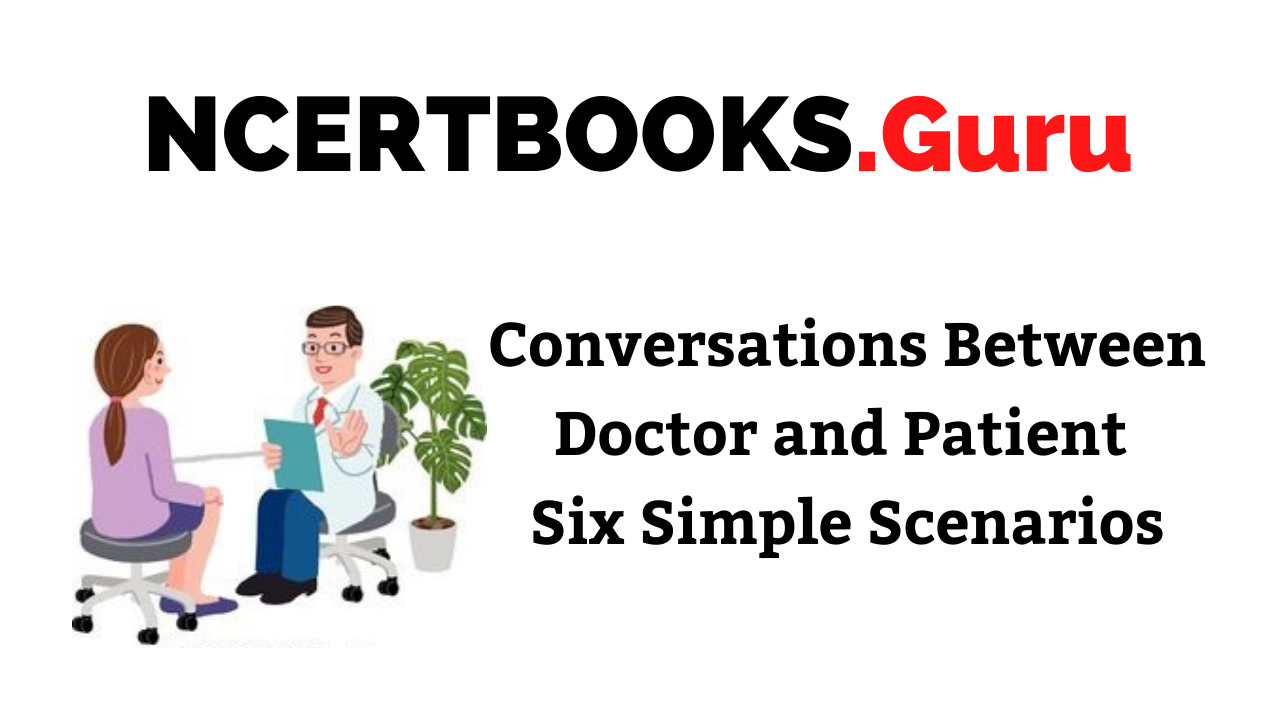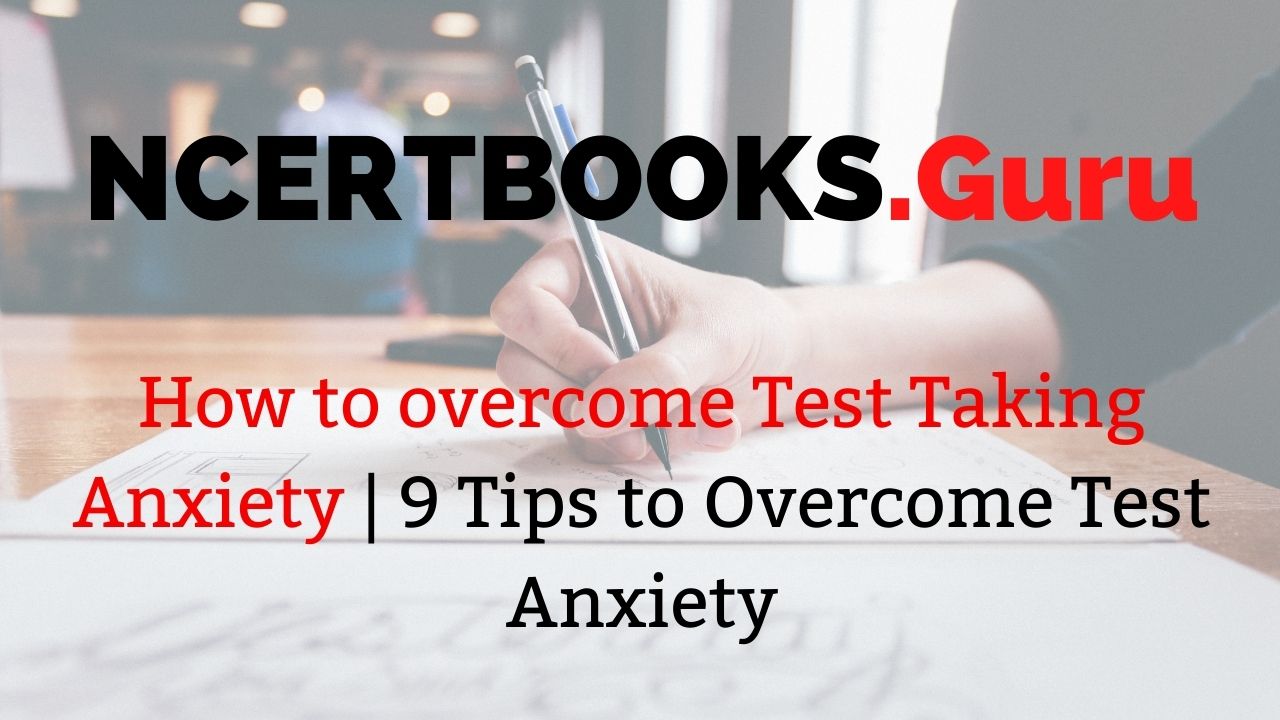With the increase in the demand for the language, everyone is looking for opportunities to become better at the English. In order to ace the language and become comfortable in it, one needs to be good at writing, speaking, grammar, pronunciation and have a strong vocabulary. Even though there are various places to learn English, the best place to start is a high-quality textbook.
Gather Information Regarding Basic English Skills and become proficient in the language and speak fluently with confidence. Try the Tips over here and Improve your English Writing and Speaking Skills.
Best Books to Improve English Speaking Skills
Here we have listed books that you can refer to which will help you in improving your grip over the language, English.
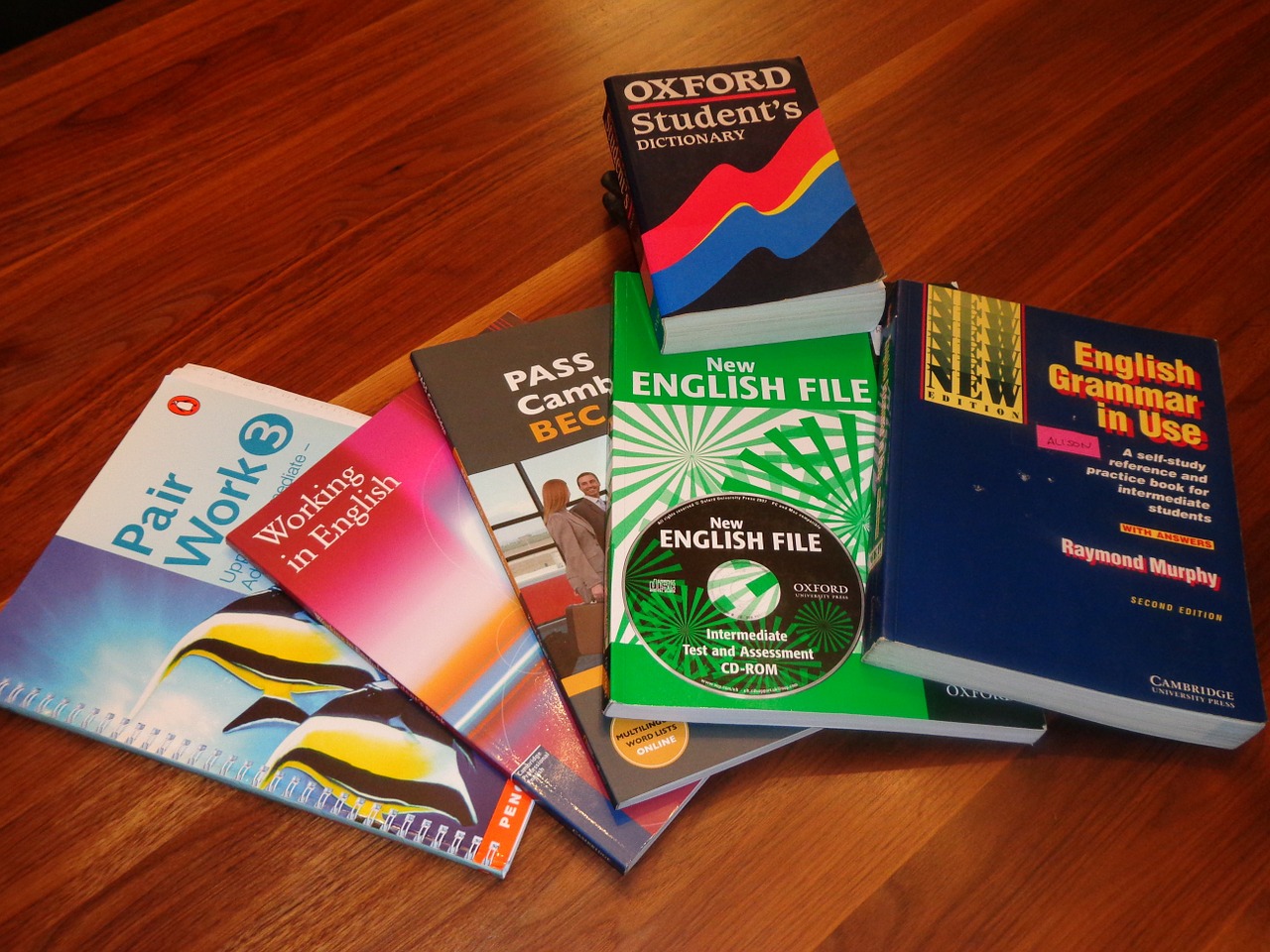
Grammar References Books – Rules are Mentioned.
- Longman’s Student – Grammar of Spoken and Written English
This book will be one of the best guides for you if you are looking forward to learning how English is used on a daily basis. There are very few attempts in the English language teaching world that helps in connecting spoken and written language together. This book explores ‘grammar and vocabulary together’ which is one of the best ways to learn English.
Why we recommend it:
- The book has a modern approach to learning English.
- They have a constructive syllabus covering important areas like sentence structures and types of phases.
- The book has been based on 3000 most used words in English.
- Practical English Usage by Michael Swan
This book has been the go-to English grammar book for many throughout years for many. The book is a guide to English grammar rules as well as a practical guide to English speaking. This book will be highly beneficial if you are willing to understand how the language works.
Why we recommend it:
- Chapters in this book are based on spoken grammar and world English.
- The book has a large part covering vocabulary – which can sometimes be confusing – with numerous examples.
- It has been written in simple language which will make it easier to understand.
- A – Z of English Grammar and Usage
This book is extremely practical and deals with the subject in a concrete manner. Often grammar references can be monotonous. However, with this book, the process of learning the language will be enjoyable. English teachers use this book to explain grammar in simple terms – it serves excellent help.
Why we recommend it:
- The book has been organised around words and not abstract grammar system.
- The book concentrates on how the language is used.
- The book deals with practical chapters like letter writing and confusing vocabulary.
Grammar Books that contain Exercises – Elementary Level
- English Grammar Azar
Betty Azar, the writer of the book, has a more communicative, intuitive approach towards grammar learning. This book has a step by step approach, taking you from one reflexive exercise to another. Some people have been able to learn English grammar from scratch with the help of this book. This book is the learning style for those who can learn better through doing.
Why is this book beneficial:
- The book has included all the skills of the language – including speaking and learning.
- The book contains a lot of reflective and interactive exercises – not just a rule-remember-practice.
- Wren & Martin
This book is widely used in schools, and it has a simple approach to the language. The book consists of exercises on almost all topics of English and is highly beneficial for grammar. The book has been used for decades by not only children but also adults who are willing to learn English grammar. You will not need the guidance of any teacher to learn for this book.
Why is this book beneficial:
- This book consists of exercises that cover all areas of English grammar.
- The book has a decent and straightforward approach which makes the process of learning easier.
- The book has a comfortable and compact approach which makes it suitable for self-study.
- Oxford Course Book: Basic
The book has been written by Michael Swan, one of the best British grammarians. The book is a collection of practical exercises. It teaches you all the essential structures using real-life examples. The book has three levels: Basic, Intermediate and Advanced.
This book is the upgraded version of the long-loved ‘How English Works’. It uses humour in its texts for exercises and logic structures.
Why is this book beneficial:
- The book has practical activities based on real life.
- The book has a clear structure, and it can be used for self-study.
- It has a simple approach to the language and can be easily approached by all.
- It guides are in-depth and are suitable for systematic studies.
Grammar Books that contain Exercises – Intermediate Level
- English Grammar in Use
This book by Raymond Murphy is popular among the ones who are looking forward to merely learning the language. It has a systematic and easy to follow approach. However, often people who are looking for a book to learn about the core of the language and this book might not have the right approach for that.
This book gives a well-structured understanding of English grammar and has a lot of exercises to practise from.
Why we recommend it:
- The book has many versions that have been translated into many languages.
- The book is the world’s main grammar best-seller.
- It has an evident structure – increasing difficulty level step by step.
- Natural Grammar
The book Natural Grammar by Scott Thornbury is a favourite of many teachers. The book has an approach to exploring the most frequent structures and word combinations. It does not focus on learning abstract rules of grammar.
This book has been written to truly teach how to use English, and not just learning about English. Each chapter has a detailed description of how to use top words in English in an everyday context. The book also has made the process of understanding easier by using examples, idioms, set, phrasal verbs, expressions and numerous examples.
Why we recommend it:
- The book has a real-life approach to learning English and not any abstract concepts.
- The structure is very clear – students can learn from it even without the guidance from any teachers.
- The book teaches how to use the top 200 words in English, which is a well-directed effort.
Grammar Books that contain Exercises – Advanced Level
- Longman Advanced Learner’s Grammar
This book is for those who have been learning English for a while and are looking to go a step forward with complex structures like verb patterns, conditionals and so on. The book is not too long, and it gives a clear idea about everything in a short time.
This book is also recommended to those preparing for English examinations.
Apart from this book, especially being written for exams, this book will also help in completing the gaps and creating a clear concept of the grammar system.
Why is this book beneficial:
- The book has handy grammar tables for the things that one needs to remember – there is no need for note-taking.
- The book is compact and yet consists of everything you will need to have an understanding of advanced English grammar.
- Apart from the main exercises in each chapter, they have unique Diagnostic Tests before the starting of each chapter.
- Grammar Scan (Upper-intermediate, Advanced, Expert)
This book will be beneficial for those who are looking forward to checking their knowledge of English grammar in depth. The book is a collection of diagnostic tests on three levels. These tests include all aspects of grammar – including spelling, vocabulary and spoken English.
You can go to the corresponding chapter in Practical English Usage if you make a mistake in the diagnostic tests to learn more. This book is excellent for exam preparation and self-study.
Why we recommend it:
- This book has an online version available which makes it easier for those who don’t want to buy the book.
- The book has excellent real-life examples of English usage, which makes the process of learning more practical.
- This book is suitable for self-study – you don’t need a teacher or any long course.
- This book enables you to have control over your grammar.
Grammar books for preparation of competitive exams
- Word Power Made Easy
If you are someone who has very poor to basic vocabulary, then this book can be beneficial for you. This book will help you to improve it. It lays the foundation stone of basic vocabulary, starting from the root words and going up to the advanced level of words. This book can be highly beneficial for aspirants preparing for exams like MAT, CAT, XAT, GATE and banking.
The book has been categorised into three sections. It deals with areas like improving vocabulary as well as knowing the correct usage of words. This book is also beneficial in providing a better command on spellings and pronunciation. The book gives a detailed explanation of the usage of words with the most confusing words. The book has an exercise at the end, which will help you in reviewing your preparation.
Why we recommend it:
- The book is highly beneficial in improving vocabulary.
- It has review exercises at the end of the book which helps in analysing the preparation of one.
- The book has included trivia in between to break the monotony.
- The book uses etymology to help in building knowledge of related words.
- High School English Grammar and Composition Book
This book is top-rated among aspirants of competitive exams. The book deals with the basic concepts of grammar, which makes it easier for students to have a better understanding of it. This book is especially recommended for aspirants who are preparing for RRB, UPSC, Bank PO and other competitive examinations.
Along with the grammar section, this book also consists of comprehensions, sentence building, correct usage of words, composition, and many other important parts of English. The only set back of the book is that the solutions of the exercises are not provided in the book or any online portal.
Why we recommend it:
- This book is excellent for beginners – it covers grammar and also has exercises to solve that test the writing ability of one.
- The book has a multicolour edition available which increases the user experience.
- The book has provided separate writing space for making notes and points.
- Applied English Grammar and Composition
This book, by Madam Mohan Sharma, is one of the most useful books that help aspirants who are preparing for competitive examinations. This book can be the perfect choice for you to shape your career in the right direction.
The book has been divided into forty-nine chapter which includes – spotting of errors, word power, spelling rules, antonyms, synonyms, homonyms, writing a section, idioms and phrases etc.
Why we recommend it:
- The book covers all aspects of English grammar and has a straightforward yet detailed explanation.
- It gives tips and tricks that will help to solve various types of questions.
- The books are reviewed, revised and updated almost every year to match the examination level.
- Advanced English Grammar
This book has been authored by Martin Hewings and published by Cambridge University. This book is widely used for competitive examinations and is best suited for an advanced level of learners. The book is for aspirants preparing for SSC, RRB, GATE, CAT and Banking.
This book is a blend between the grammar section and practice exercises. The book gives a detailed explanation of the concepts with a number of useful examples with it. This book has been outlined in such a manner that one can pick any of the units to get started. There are practice exercises at the end of the book with detailed solutions.
Why we recommend it:
- This book is recommended for advanced level of students
- The book has examples for a better understanding of the concepts.
- The book has practise exercises which are given after the completion of every unit, as well as at the end of the book.
- Solution for every practise exercise has been provided.
